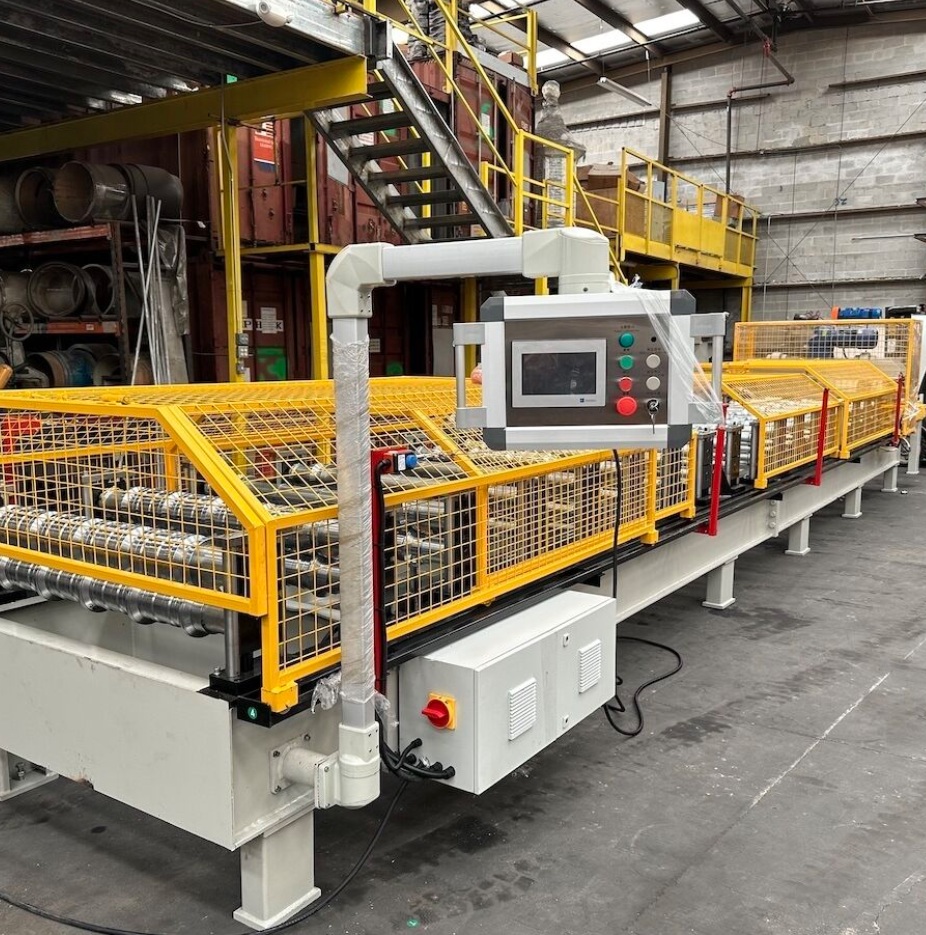
Custom vs. Standard Roll Forming Machines in the UK: Which is Right for Your Business?
Below, we break down the pros and cons of each, highlight which profiles often require customization
Posted on Thursday, July 17, 2025
When investing in a roll forming machine for your UK-based business, one of the most important decisions you'll face is whether to choose a standard machine or opt for a fully custom-built solution. Both options offer unique advantages, and the right choice depends on your specific production needs, material types, and long-term goals.
Below, we break down the pros and cons of each, highlight which profiles often require customization, and help you decide what’s best for your operation.
Pros and Cons of Standard Machines
Standard roll forming machines are pre-engineered to produce common profiles found across roofing, cladding, and structural steel industries. These machines are typically quicker to manufacture and install, offering a straightforward path to production.
Advantages of Standard Machines:
-
Faster lead times – Typically ready sooner than custom machines
-
Lower upfront costs – Ideal for businesses just starting out
-
Proven configurations – Designed for widely used UK profiles
-
Simple to operate – Common features mean easier operator training
Limitations:
-
Less flexibility – Cannot easily adapt to unique profile requirements
-
Limited material compatibility – May not handle all thicknesses or materials
-
Fixed tooling – Changing profiles often requires new tooling or machines
Benefits of Fully Custom-Built Solutions
A custom roll forming machine is designed from the ground up to match your profile, material, gauge, and speed requirements. This is the ideal option for companies producing proprietary sections or operating at high volume with specific technical needs.
Benefits of Custom Machines:
-
Tailored to your production line – Designed for specific profiles, tolerances, and materials
-
Multi-profile capability – Options for interchangeable tooling or adjustable width
-
Higher production efficiency – Optimised speeds, controls, and output
-
Advanced features – Servo-driven feeding, punching, embossing, or inline cutting
Challenges:
-
Higher upfront investment
-
Longer design and lead time
-
Requires detailed input from buyer (drawings, specs, material data)
Common UK Profiles That Require Customisation
While many UK manufacturers use standard profiles like box profile sheets or IBR roofing, some sectors require machines designed for:
-
Custom wall cladding systems used in modular building
-
Structural channels for framing systems or light gauge steel construction
-
Unique tile-effect or decorative panels for domestic housing
-
Special flashing sections with variable bends or complex hems
-
Customised Z & C purlins with slotted holes or varying flange sizes
These are typically not supported by off-the-shelf machines and require either bespoke tooling or a fully customised machine frame.
How to Choose the Right Machine Type
Your decision should be guided by a clear understanding of your:
1. Profile Requirements
-
Do you need to run multiple profiles or just one?
-
Are your profile designs standard or unique?
2. Material Type and Gauge
-
What materials will you run (e.g., galvanised steel, aluminium, pre-painted)?
-
Do you require compatibility with thick or high-strength steel?
3. Production Output
-
What’s your expected daily or monthly volume?
-
Is speed a critical factor?
4. Budget and Timeline
-
Are you looking for a fast, economical solution?
-
Or are you investing in a long-term asset designed for high output and reliability?
If flexibility, efficiency, or long-term value is a priority, custom machines are usually the better choice.
Examples of UK Customers Who Benefit from Custom Builds
Here are some real-world examples of UK businesses that gain a competitive edge with custom roll forming systems:
-
Metal Building Manufacturers in the Midlands: Run multi-profile machines with quick-change tooling to produce wall and roof cladding on the same line.
-
Construction Panel Providers in Scotland: Use custom embossing and punching systems integrated into their machine for SIPs and decorative panels.
-
Roofing Contractors in Wales: Require tile-effect profiles that match heritage styles—custom machines allow them to replicate these with high accuracy.
-
Steel Fabricators in the North East: Built machines for slotted, high-strength C-channels for structural framing with inline punching stations.
Conclusion: Standard or Custom – What's Best for You?
Choosing between a standard or custom roll forming machine isn’t just about budget—it’s about aligning your machinery with your business model. If you need fast, affordable production of common UK profiles, a standard machine may suit you perfectly.
But if your business demands flexibility, precision, or you’re producing specialised profiles, investing in a custom-built machine will unlock greater productivity and return on investment.
Need help deciding?
Machine Matcher can guide you through machine selection, profile matching, and specification to ensure you get the ideal solution—custom or standard—for your business in the UK.
Contact us at: [email protected]
Or speak to our UK team for expert advice.
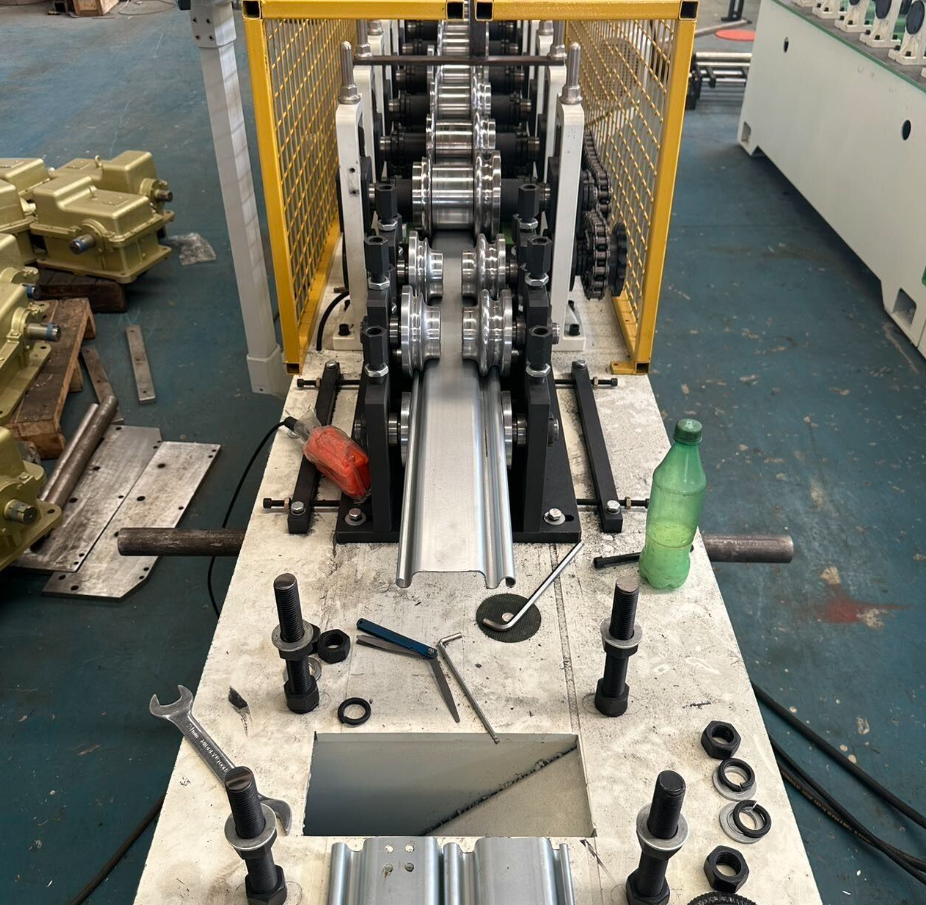
Shutter Door Roll Forming Machine – United Kingdom
Posted on Thursday, July 17, 2025
Now Available Across England, Wales, Scotland & Ireland
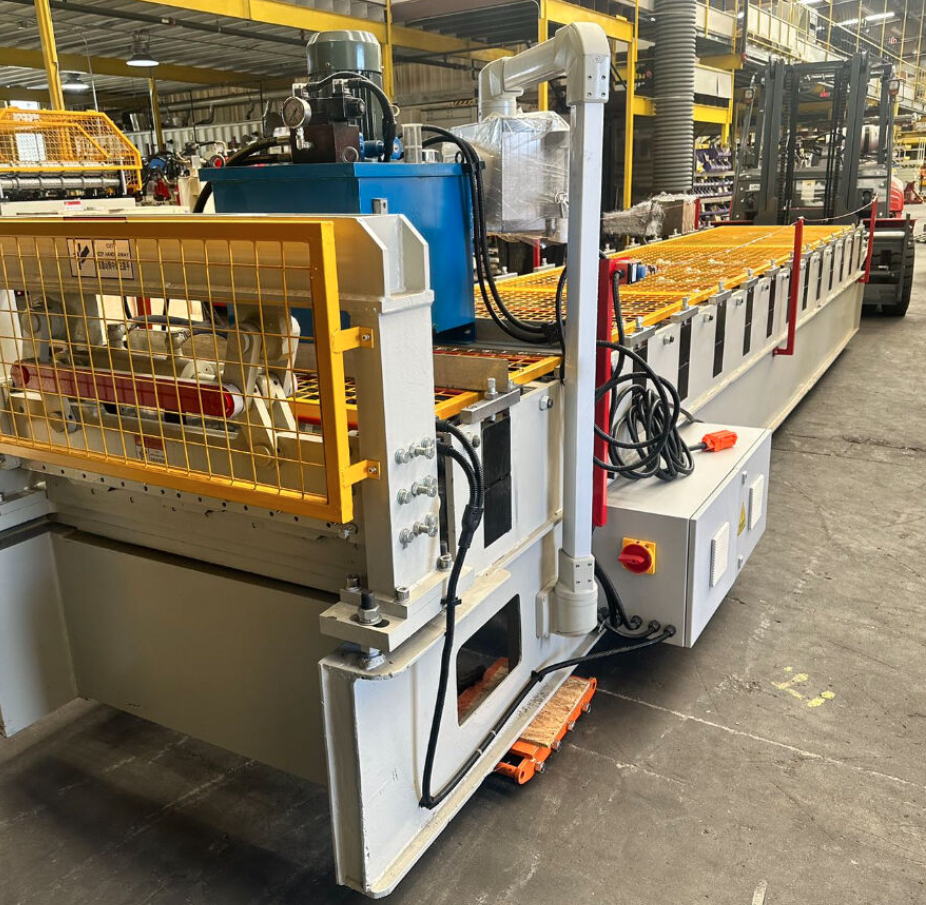
Roofing Roll Forming Machine Engineered for the UK Market
Posted on Thursday, July 17, 2025
This machine offers exceptional value and performance for manufacturers and builders in England, Wales, Scotland, and Ireland.
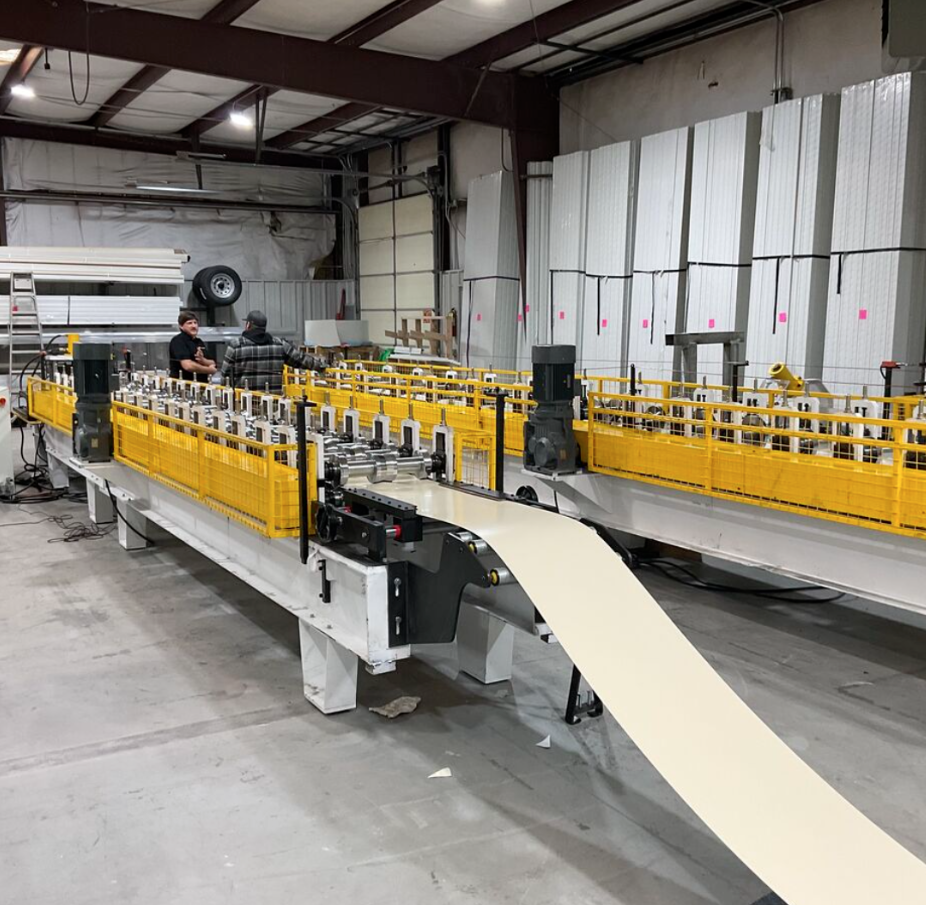
Light Gauge Steel Roll Forming Machine: Precision Engineering for the UK Market
Posted on Thursday, July 17, 2025
This machine offers a reliable solution for producing a wide range of light gauge steel profiles
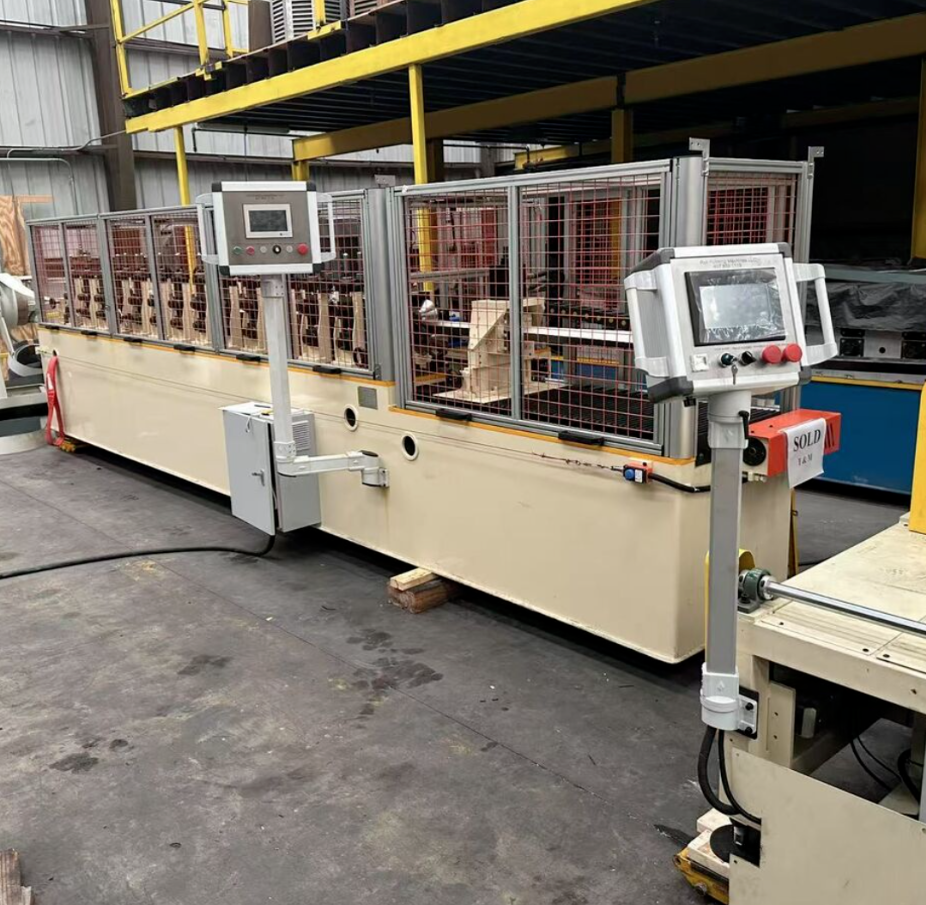
Door Frame Roll Forming Machine: Precision and Efficiency for the UK Construction Market
Posted on Thursday, July 17, 2025
This machine automates the roll forming process, shaping metal coils into door frame profiles by passing them through multiple forming stations.